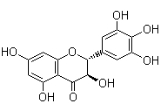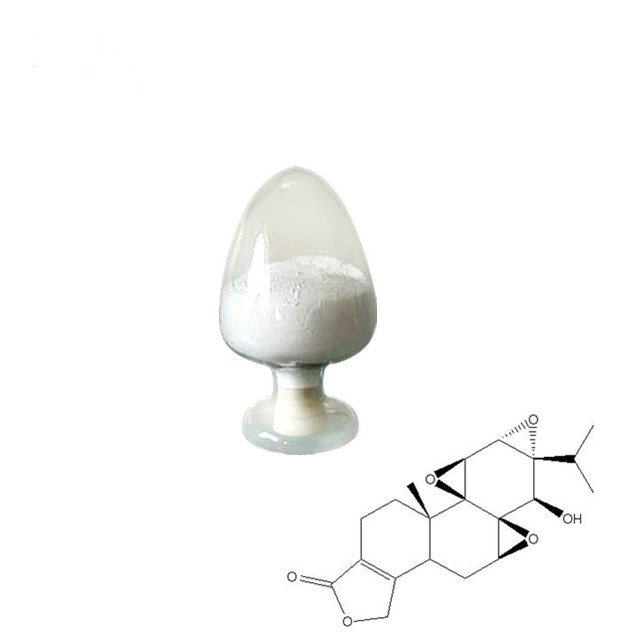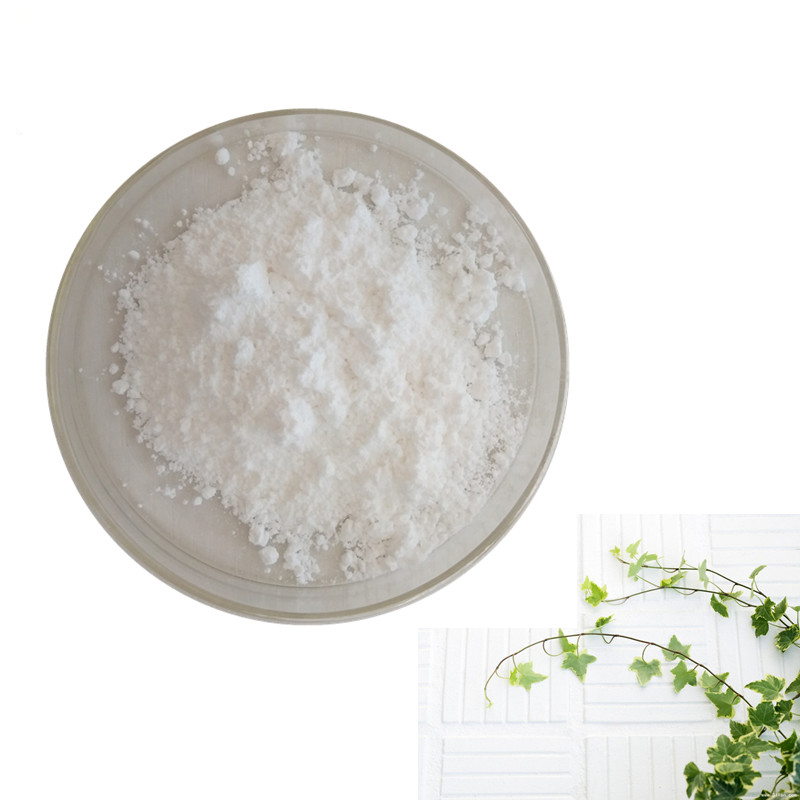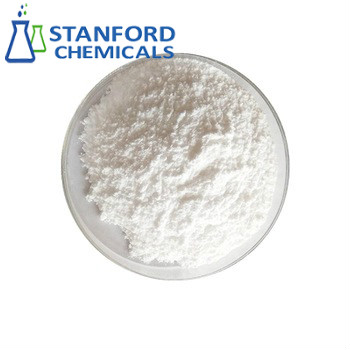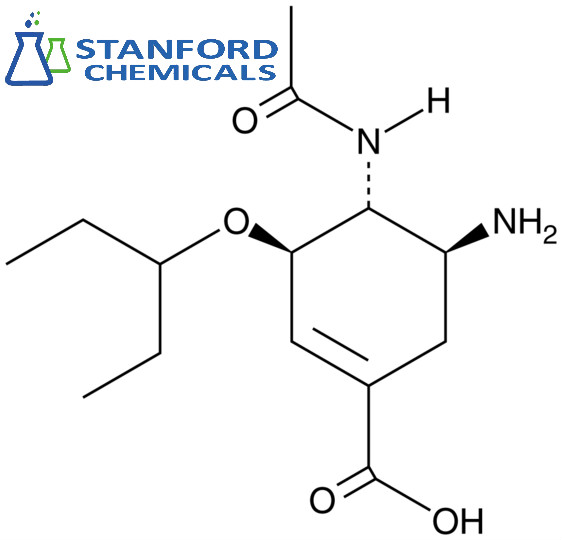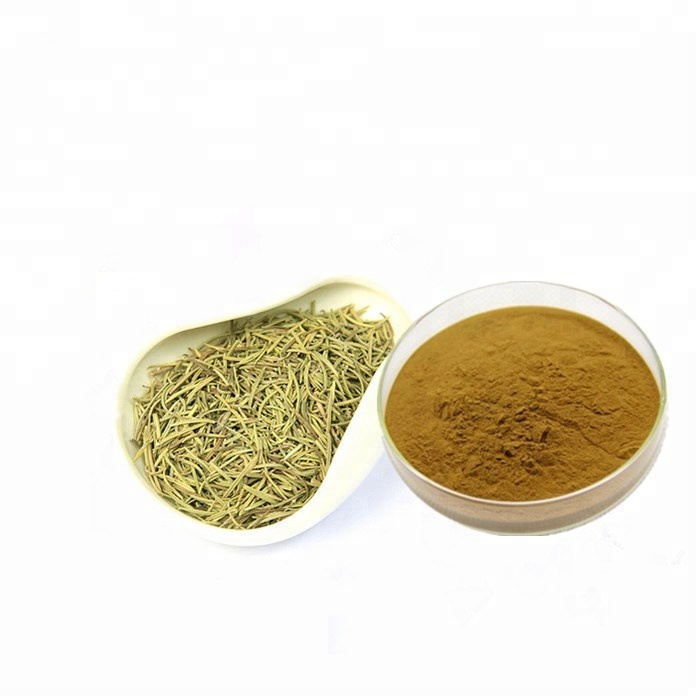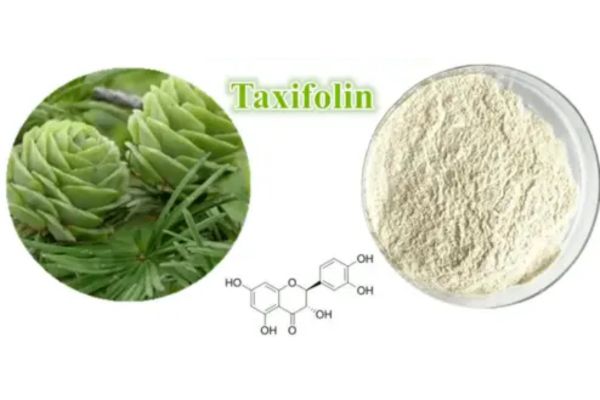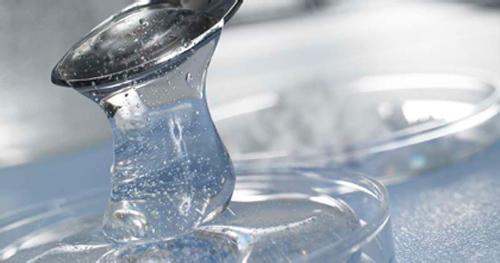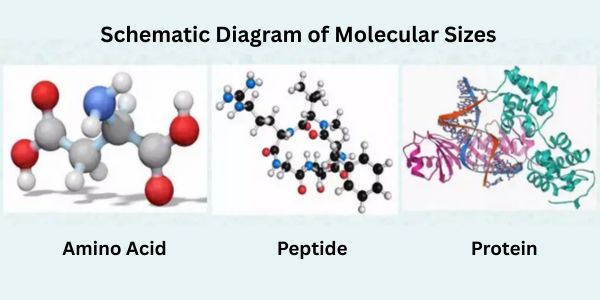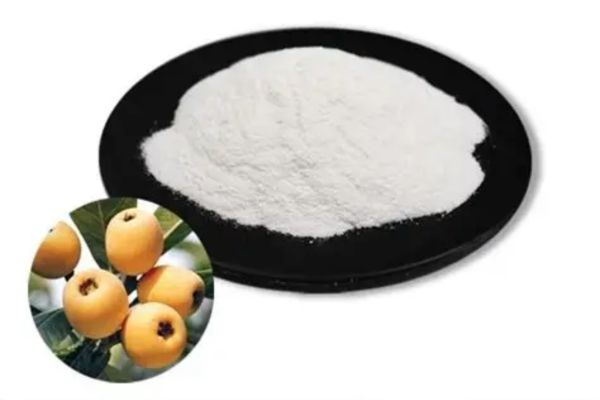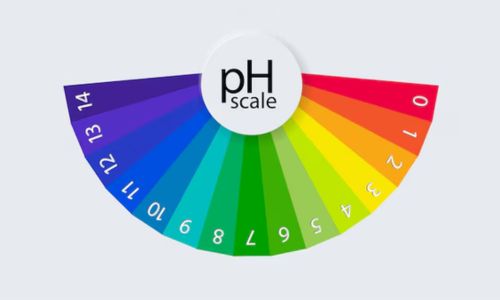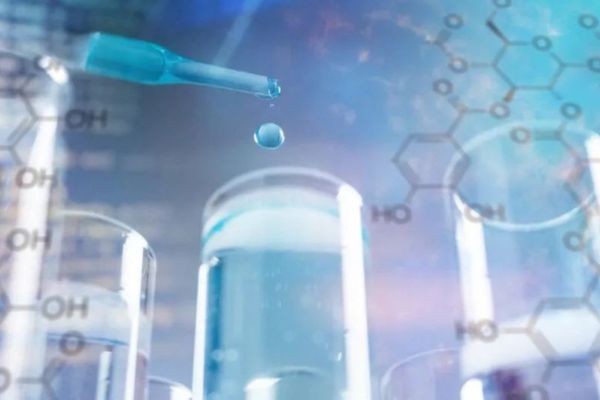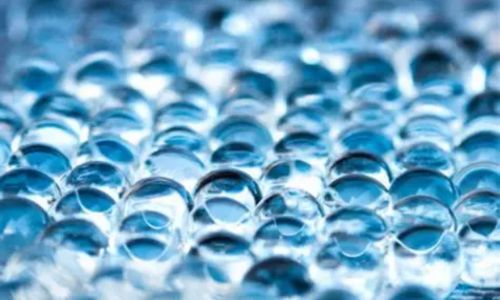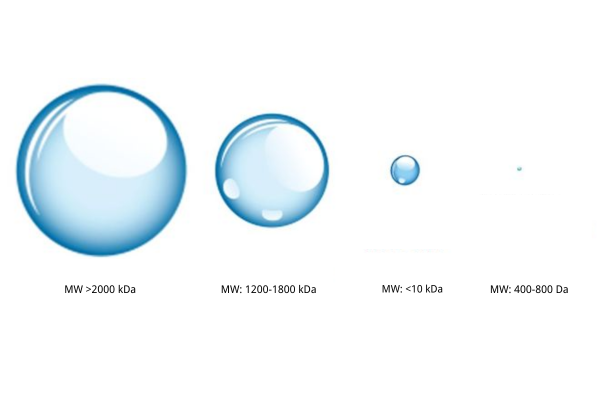Which is better, collagen or hyaluronic acid? In fact, both collagen and hyaluronic acid are essential components of the skin. Neither can be excluded. Collagen and hyaluronic acid are important structural proteins and polysaccharides in the human body, playing crucial roles in maintaining the structure and function of tissues. As age increases, collagen and hyaluronic acid in the skin gradually diminish, leading to a decrease in skin elasticity and firmness. 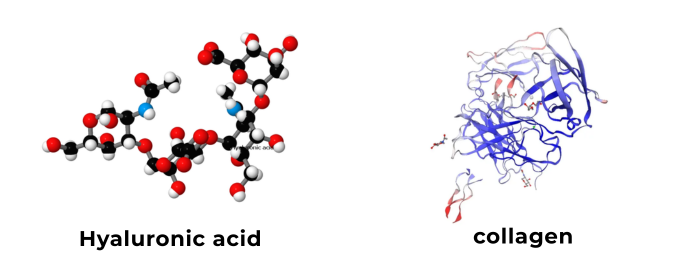
Hyaluronic Acid vs. Collagen: Performing Different Roles
Hyaluronic acid, also known as hyaluronan, is widely distributed in joint fluid, skin, and eyes. It is a high-level polysaccharide composed of repeating units of D-glucuronic acid and N-acetylglucosamine, and it is an important component of the extracellular matrix. Collagen is a biological macromolecule primarily used to fill fine wrinkles and minor soft tissue defects. It is mainly distributed in bones, eyes, teeth, tendons, internal organs, and other areas. In the skin, it accounts for 70% of its composition, making it the most abundant protein in the human body. 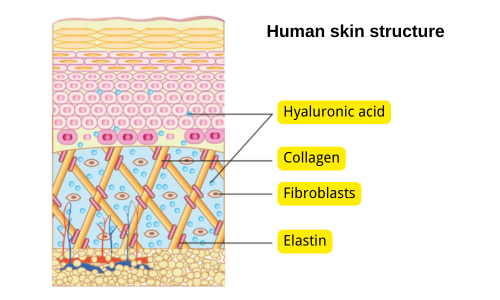
Fig 1. Human skin structure
In the structure of skin tissues, hyaluronic acid acts as a moisture reservoir and locks in moisture, while collagen affects the skin's fullness.
--Hyaluronic Acid: The Skin’s “Natural Reservoir”
Hyaluronic acid acts like a "sponge" in the skin, quickly replenishing moisture. 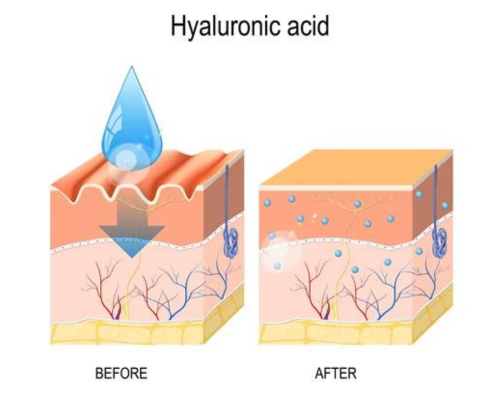
Fig 2. HA's powerful moisturizing effect
- Core Function: Strong Hydration
Hyaluronic acid has an extremely high water-absorbing capacity, capable of absorbing 1,000 times its own weight in water, thereby improving dryness. A 2% pure hyaluronic acid aqueous solution can firmly retain 98% of moisture, making it the best natural moisturizer discovered, known as the Natural Moisturizing Factor (NMF).
- Anti-Aging Function: Filling Fine Lines
Hyaluronic acid can fill the fine lines on the skin’s surface, making the skin appear plumper and smoother. However, it does not directly enhance skin elasticity; it primarily keeps the skin youthful through hydration.
- Repair Function: Gentle Repair
Hyaluronic acid possesses gentle repair capabilities, promoting wound healing and making it suitable for sensitive or barrier-damaged skin. It also helps repair the skin’s natural barrier, enhancing its moisture-locking ability.
--Collagen: The Skin’s “Support Framework”
Collagen forms a network structure, an "elastic net" that supports the skin. 
Fig 3. The supporting effect of the triple helix structure
- Core Function: Enhancing Elasticity
Collagen is the main component of the dermis, responsible for maintaining skin elasticity and firmness. As age increases and this protein is lost, the skin gradually becomes loose and develops wrinkles. Supplementing collagen can help restore the skin’s support structure and enhance elasticity.
- Anti-Aging Function: Deep Anti-Aging
Collagen can improve the skin’s elastic fiber network from the deep layers, reducing wrinkles and sagging. Compared to hyaluronic acid, its anti-aging effects are more lasting but require long-term use to see significant improvements.
- Repair Function: Promoting Tissue Regeneration
Collagen can accelerate the repair of skin tissues, reduce scar formation, and is suitable for repairing deep injuries or post-surgical care.
--Summary
From a hydration perspective, hyaluronic acid is superior; from an anti-aging perspective, collagen can directly and quickly help restore skin elasticity. Both possess skin repair functions.
Hyaluronic Acid and Collagen: Complementing Each Other
In skin tissue, collagen affects skin elasticity, while hyaluronic acid acts as a moisture reservoir. Although there are differences between the two, they complement each other. Both are indispensable in human skin.
- Lack of Hyaluronic Acid — Dryness, roughness, flakiness
- Lack of Collagen — Sagging, drooping, aging
As age increases, the body’s collagen content gradually decreases, weakening the skin’s support function. At this point, hyaluronic acid plays an important role. It can promote the synthesis and maintenance of collagen, thereby slowing the skin aging process.
Hyaluronic acid’s strong moisturizing ability can adsorb and lock a large amount of moisture inside the skin. This moisturizing effect not only keeps the skin hydrated but also reduces moisture loss, making the skin elastic. Hyaluronic acid can also form a protective film to prevent environmental stimuli and damage to the skin, while helping other active ingredients penetrate deeper into the skin.
The coordinated relationship between collagen and hyaluronic acid is very important in skin care. When collagen levels decline, the role of hyaluronic acid becomes particularly significant. It can improve skin elasticity and firmness by increasing collagen synthesis. At the same time, hyaluronic acid’s moisturizing function helps maintain the skin’s moisture balance, preventing dryness and moisture loss. Additionally, hyaluronic acid can promote the metabolism of skin cells, accelerating the process of skin repair and regeneration.
Where to Buy
Stanford Chemical Company (SCC) is a trusted supplier of sodium hyaluronate and collagen peptides. We offer:
- Sodium hyaluronate Powder: High purity, non-animal, non-GMO, cosmetic grade, medical grade, food grade, injectable grade.
- Collagen Peptides: Extracted using targeted enzymatic digestion technology and advanced membrane separation technology from animal tissues (fish scales, cow bones, chicken breast cartilage).
Enjoy bulk purchase discounts and contract pricing.


